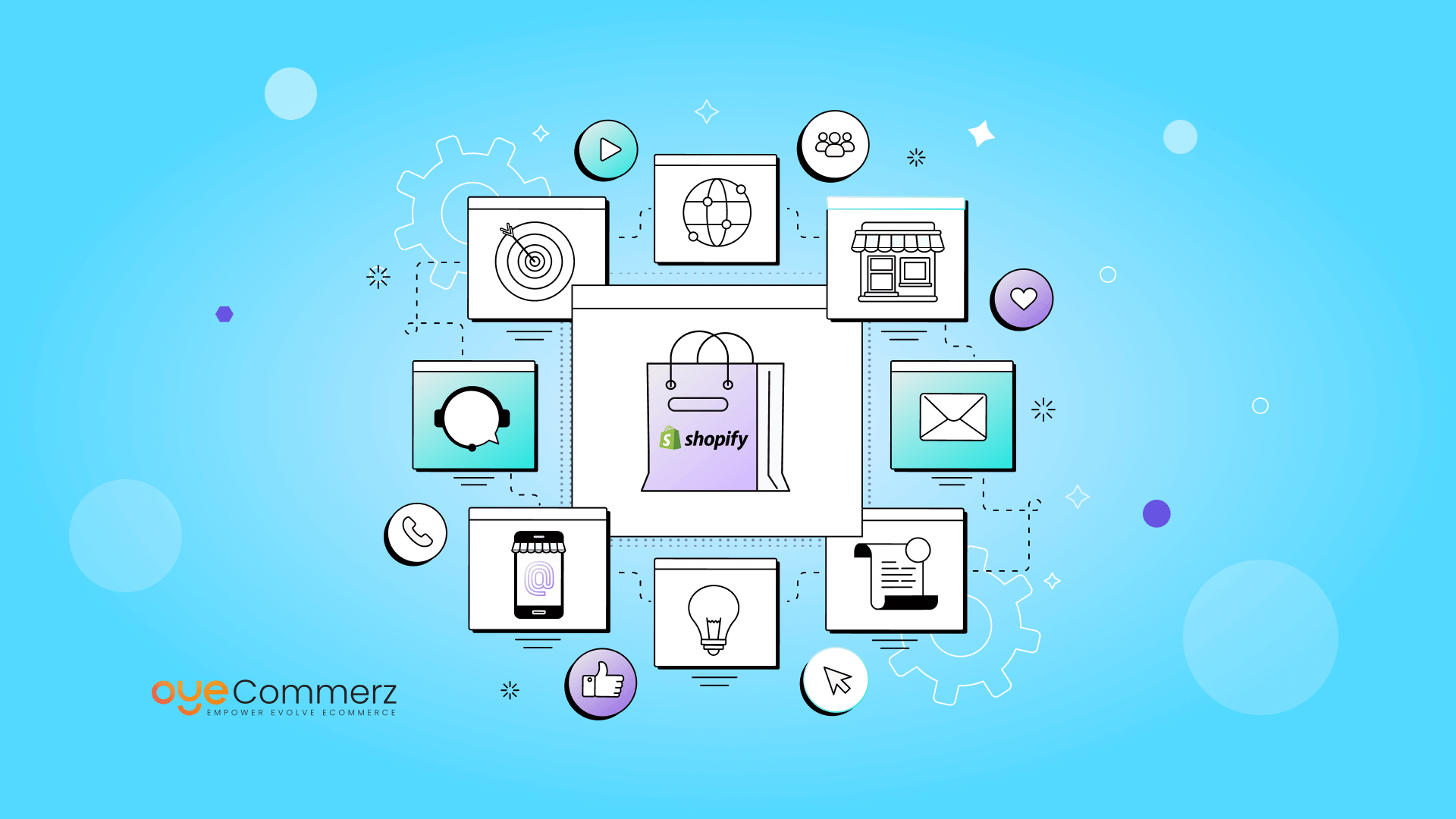Introduction
In the current cutthroat e-commerce landscape, differentiating is paramount, and one of the best ways to set apart a Shopify store is through tailored app development. A robust Shopify app can boost store capabilities, streamline operations, and boost customer interaction. This guide explores key aspects of Shopify app development, from API integration to growth techniques and digital marketing approaches, providing a roadmap for companies seeking unmatched store efficiency.
The Importance of Shopify API Integration
Shopify’s API provides powerful tools to customize and extend store capabilities. With GraphQL and REST APIs, developers can access data to build applications that handle inventory management, order processing, and customer information management smoothly. Using Shopify’s API can enable improved workflow automation and enables stores to serve customers more efficiently.
Utilizing the Polaris Design System
Polaris is Shopify's set of design guidelines for designing user-friendly and accessible Shopify apps. By adhering to Polaris guidelines, developers ensure that apps integrate smoothly within the Shopify Admin interface. This ensures a cohesive appearance that appeals to Shopify merchants, promoting ease of use and familiarity for merchants using your custom app.
Navigating the Shopify App Ecosystem
The Shopify app ecosystem provides numerous opportunities for enhancing e-commerce sites. From handling order fulfillment to boosting customer engagement, apps in this ecosystem are tailored to meet various business requirements. Learning about this ecosystem assists developers in finding unique app ideas and enables smooth connections of external tools that enhance the store.
Developing Embedded Shopify Apps
Embedded apps work seamlessly within the Shopify Admin, providing a smooth interface for merchants. They allow merchants don’t have to leave their Shopify control panel, streamlining their workflow. Using Shopify App Bridge and embedded app features is recommended for offering a cohesive, well-integrated user experience.
Leveraging Node.js and React for Shopify Development
Node.js and React have become top options for Shopify app development. Node.js enables efficient back-end services, while React enables dynamic, responsive front-end user interfaces. Together, they provide an strong platform for creating speedy, scalable Shopify apps that enhance store performance and customer engagement.
Utilizing Webhooks in Shopify Development
Webhooks allow real-time data updates between Shopify and an outside application. They initiate events such as new orders or stock changes and provide immediate alerts to your app. By implementing webhooks, apps can provide up-to-date insights for store owners, streamlining workflows and boosting productivity.
Engaging Customers Through Digital Marketing for Shopify Apps
To ensure Shopify app success, engaging customers is crucial. Utilizing digital marketing strategies like SEO, email marketing, and social media campaigns can increase app usage. Additionally, creating applications with customer engagement in mind (e.g., loyalty programs or personalized recommendations) boosts user loyalty and loyalty.
Making Your Shopify App Scalable
As e-commerce stores expand, so do their technological needs. Ensuring that your app can scale to handle increased traffic, larger databases, and more complex functionalities is essential. By optimizing server capacity and implementing scalable solutions, you can develop apps that grow in tandem with a store’s success.
Important Features and Maintenance Tips for Shopify Apps
For an app to Shopify app framework be useful, it should include essential features like user login, dashboard analytics, and support channels. Regular app upkeep, with updates to fix bugs and ensuring compatibility with new Shopify features, is Shopify API integration important to maintain continuous operation and prevent disruptions to business processes.
Summary
Custom Shopify app development offers immense opportunities for e-commerce stores, providing the chance to enhance store functionality, simplify operations, and foster customer loyalty. With API integrations and Node.js to focusing on scalability and customer engagement, building a Shopify app involves careful planning and strategic execution. If you’re ready to unlock your store’s full potential, a tailored Shopify application may be the ideal choice. What capabilities do you see for your ideal app? Share your thoughts and take the first step toward an enhanced e-commerce journey!
